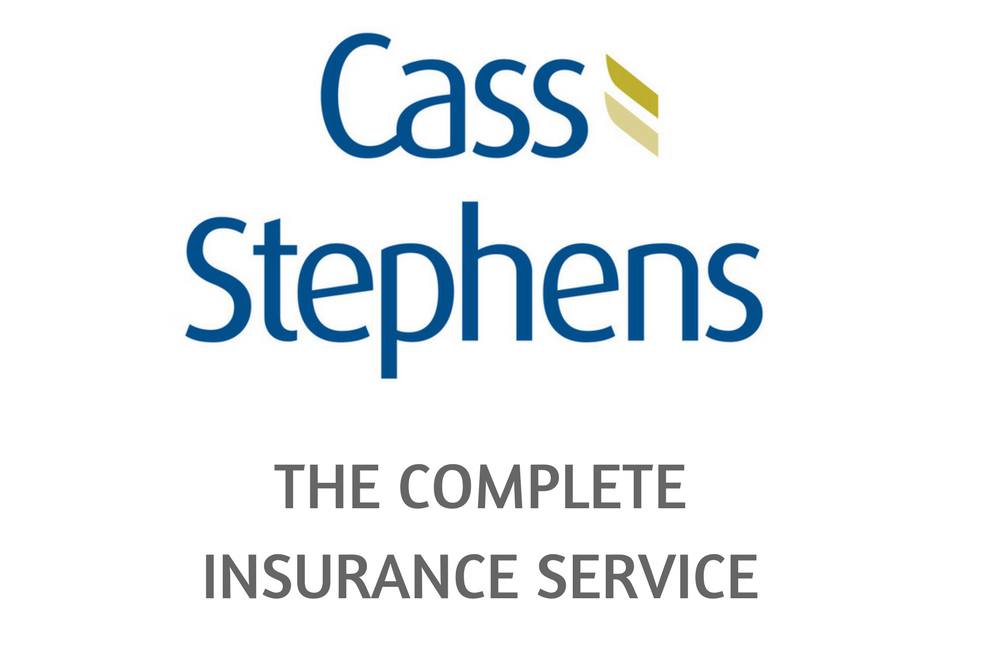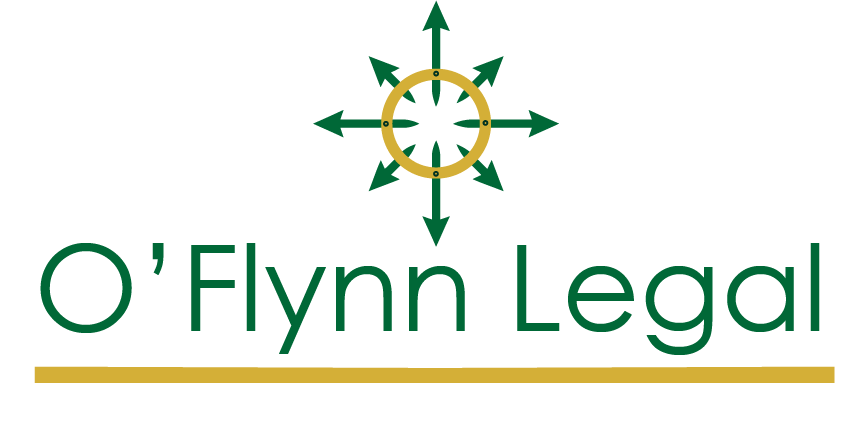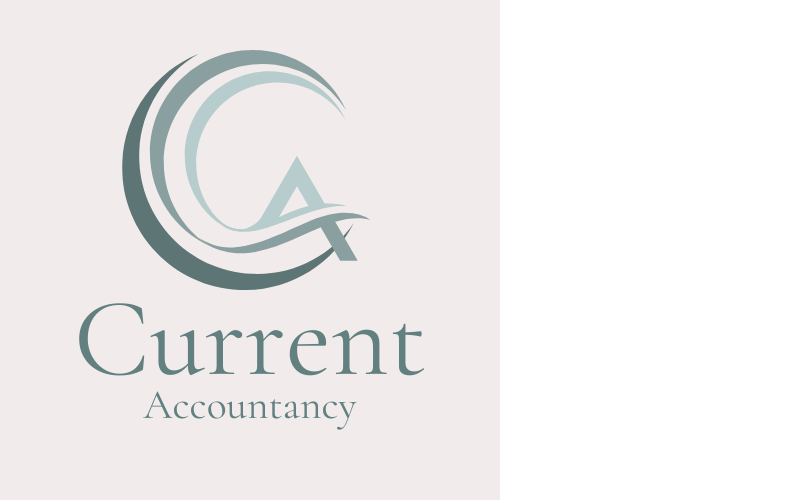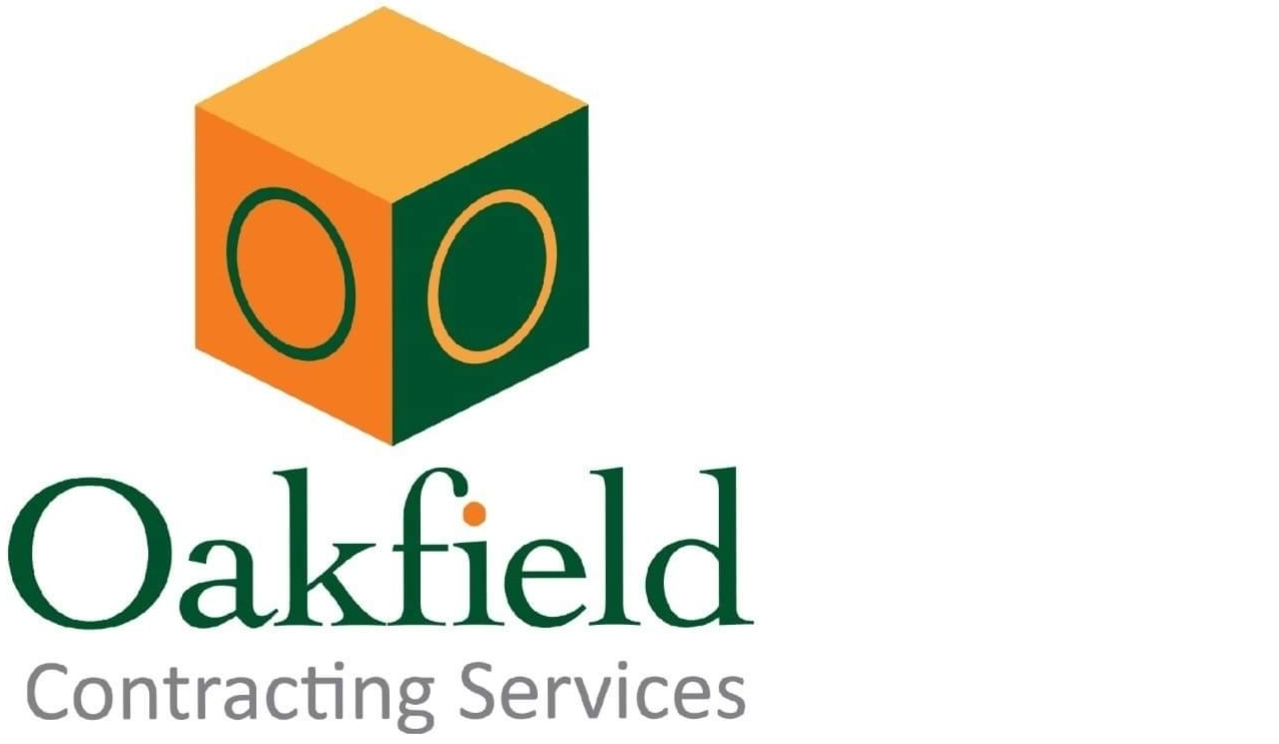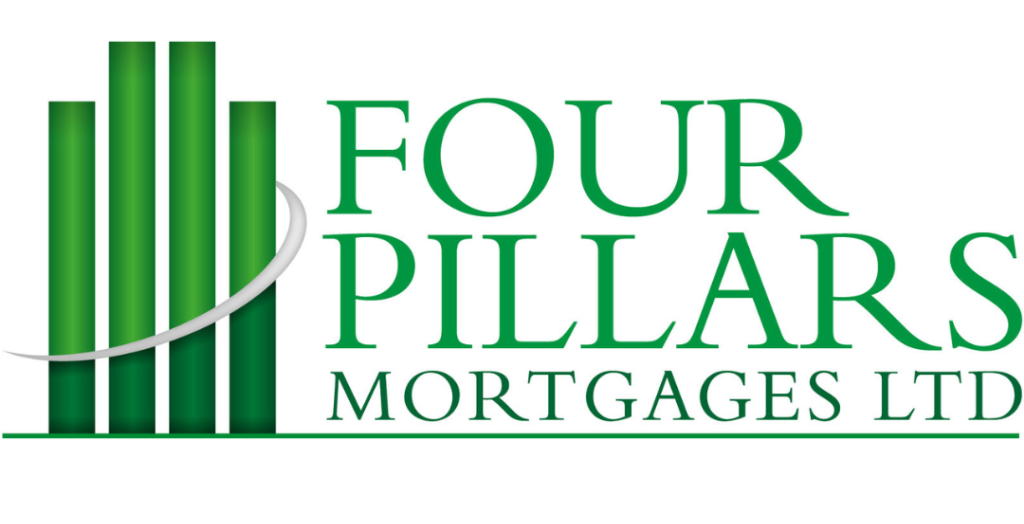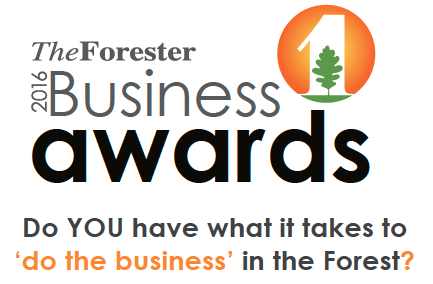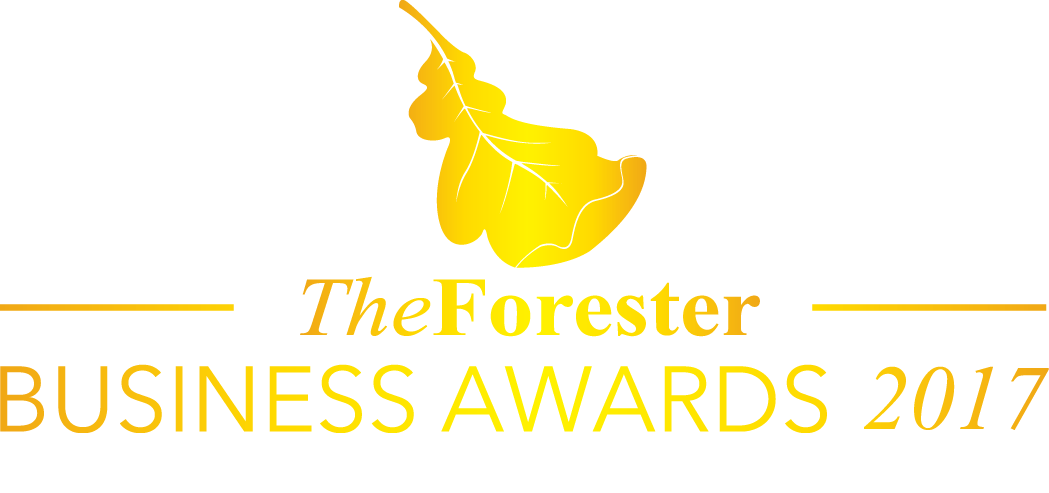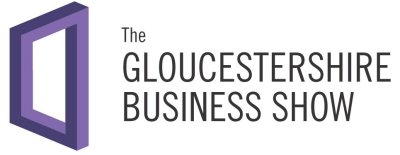Main Categories
Why An Accountant And/Or Bookkeeper? – 02/02/2015
When thinking of an accountant or bookkeeper, it is easy to mistake why you would need them. You could assume you would only need one if you had a large Business, perhaps only if you‘re VAT registered or dealing with Company tax?
Did you know though that if you are doing any work outside of being employed, you should be declaring it to HM Revenue & Customs? You‘ll have heard everywhere about self assessment (SA), particularly as the annual deadline of 31st January looms closer. Does it actually apply to you though?
If you‘re doing any work (except for employed work) which is paying you money then yes – even if it doesn‘t take you over the National Insurance (NI) or tax threshold! The current threshold for 2014-2015 for National Insurance Class 2 contributions = £5,885 and the Personal Allowance for tax = £10,000. Any extra work outside of employment is classed as self employment, these includes things such as creating and selling crafts, being a rep for companies, holding parties/delivering brochures and providing advice for a payable service and there are many more.
If you do any of these, you should be declaring it to HMRC on a Self Assessment annually. You can do a self assessment by yourself online or via paper. The key points are to make sure your accounts are complete and that you have double checked all entries to your bank account(s) and reconciled any online payments such as Paypal. This will give the gross income total to enter and the expenses you can claim for. These together make your net profit (gross – expenses = profit). That net profit determines if you will need to pay NI and/or tax and how much.
It is imperative that you keep your paper or computerised accounts up to date! HMRC can call ANYONE in for a tax investigation should they wish to which means proving everything you have done is correct and legal. If you are missing entries or receipts of transactions, this will prolong the investigation and can cause extra charges.
If you are finding you don’t have the time to do your books or perhaps don’t fully understand it then it could be worth looking into a bookkeeper. Armed with your bank statements, receipts and all information needed, a bookkeeper can keep these physical records that are vitally needed correct and up to date and ensure your accountant and HMRC are getting the correct information.
Once your accounts are complete and correct, this is where accountants come in. They know all of the information we don‘t. They know what you can/can‘t claim in expenses, how they should be recorded and can even complete your self assessment for you. Having an accountant complete this for you can mean peace of mind and can help towards an easier tax investigation should one ever arise.
If you‘re a large company, or even self employed but have a bigger turnover, you should consult advice as to whether you need to be a registered Business and what implications and bonuses can come of being VAT registered for example.
Below are 5 questions. If you can‘t answer “Yes” to all of these, you should look into having a bookkeeper and/or accountant :-
1) Are your paper/computerised accounts up to date?
2) Are you reconciling bank statements and online payment systems?
3) Are you separating any self employment with employed work?
4) Are you comfortable/happy with the information you are providing to HMRC?
5) Do you think your records prove everything you have done should an investigation happen?
They have knowledge and expertise and many will offer an affordable (or even free) first consultation to fully understand your needs. By using a qualified and experienced bookkeeper and accountant, your books and accounts can be at their best without the stress of doing it yourself.


